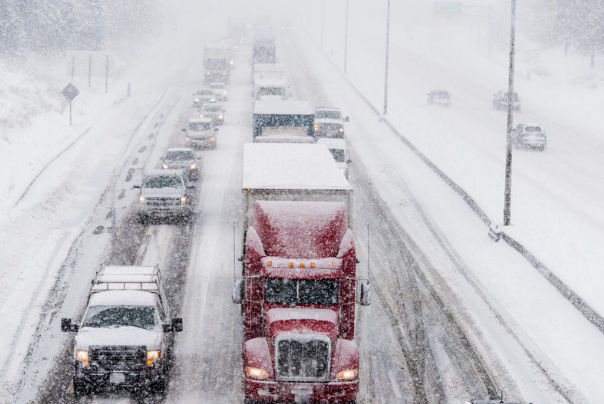The sharing economy offers many opportunities for both consumers and merchants, allowing access to relationships that are mutually beneficial to both sides.
However, when problems arise in such relationships, there seems to be a lot of troubling gray areas.
Who is responsible for such problems? How should they be avoided or resolved? What are the legal rights and responsibilities of all parties involved?
This is where insurance comes into play by mitigating the potential risk related to the shared products.
Here we’ll break down this complicated issue to show the advantages and potential difficulties of a sharing economy insurance in Quebec.
What is collaborative insurance and the sharing economy in Quebec?
In the sharing economy, participating members use an online platform to pool goods and services. These goods and services may be borrowed, sold for an affordable price, or simply given away among members of the community.
The growth of the sharing economy has led to a new way of thinking about insurance. Insurance provides protection for all parties when they enter into a contract with one another. The unique problems and risks posed by the sharing economy are often disregarded or not well understood. The ease of the transaction supersedes the need for deeper consideration of one’s liability and protection.
The sharing economy stands to disrupt the insurance industry, as insurers work to develop products customized to this economy: where does the liability lie? Who pays for the insurance and how?
Who is responsible when a material failure occurs?
One of the biggest flaws of the sharing economy is ambiguity in the roles and responsibilities of all parties. The sharing economy is based almost entirely on a relationship of trust among all members of the platform. Members who take part in this economy implicitly agree to waive some of the consumer protection rights which might be in place otherwise.
In many cases, this trust-based economy works well. For example, hosts and guests in the AirBnB sharing platform use their reputation as currency. An abuse of trust on either side brings negative consequences within the trust-based community. However, where roles and responsibilities are ambiguous, there is always the risk of abuse. And as the dollar amount implicated increases, one can start to wonder how strong is this implicit agreement? When will trust lead to abuse? And abuse to actual liability suits?
Best Practice For Providers
There are some recommended practices to minimize the risks inherent to providers in the sharing economy in Quebec.
Require a liability release and proof of insurance from the tenant
Providers of rental accommodations within the sharing economy open themselves to an array of risks. An unethical tenant could steal from you, use the rental for illegal activities, or simply cause damage through carelessness, such as leaving the stove on. A liability release can help protect you in this last circumstance. Requiring a tenant to show proof of insurance means that you have recourse if theft, fire or burglary damages your home or possessions.
Keep shared property well maintained
When a shared property is clean and well-maintained, it sets a precedent for those who use it. It also makes tenant damage easier to detect and to repair.
And even more importantly, keeping up with maintenance lessens the financial impact of not only property damage and the resulting business interruption, but also of an undesired liability suit. An unprotected accommodation, hazardous equipment or even an ill-maintained motor vehicle can cause irreparable damage to the third party and can expose the owner to heavy financial consequences.
Best Practice For Tenants
While there is still a troubling level of legal ambiguity in the sharing economy of Quebec, tenants should be wary of their maintenance and use of property.
In some cases, you may be held responsible for any damages incurred from poor maintenance or misuse.
To keep your bases covered, always care for shared property as if it were your own. That way, everyone on the platform can continue to enjoy it with a minimum of risk and liability.
While the sharing economy does raise potential problems from an insurance perspective, all you need is some caution and awareness to participate freely in its unique opportunities. Although risks will always exist, action can be taken to mitigate them.







